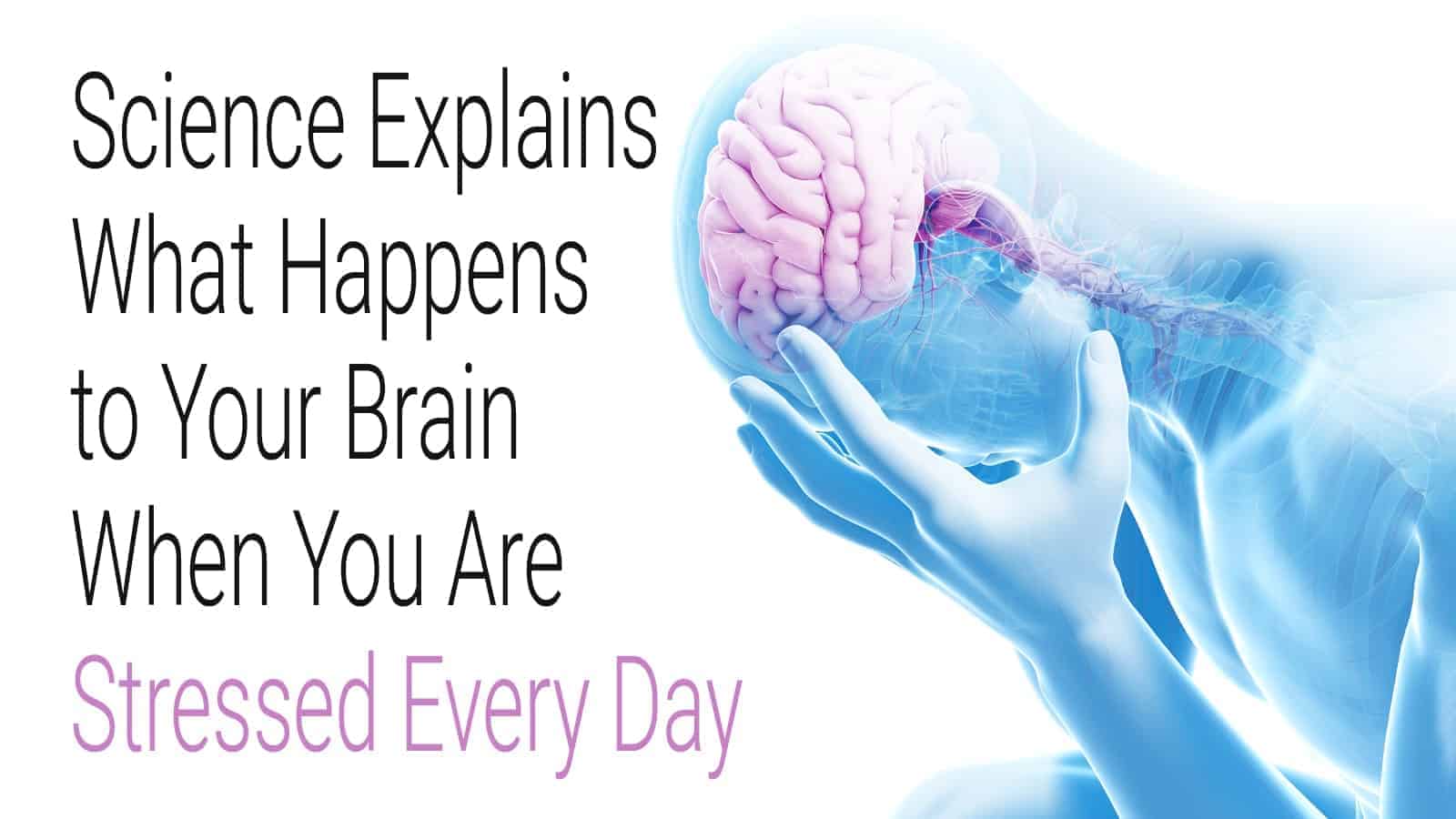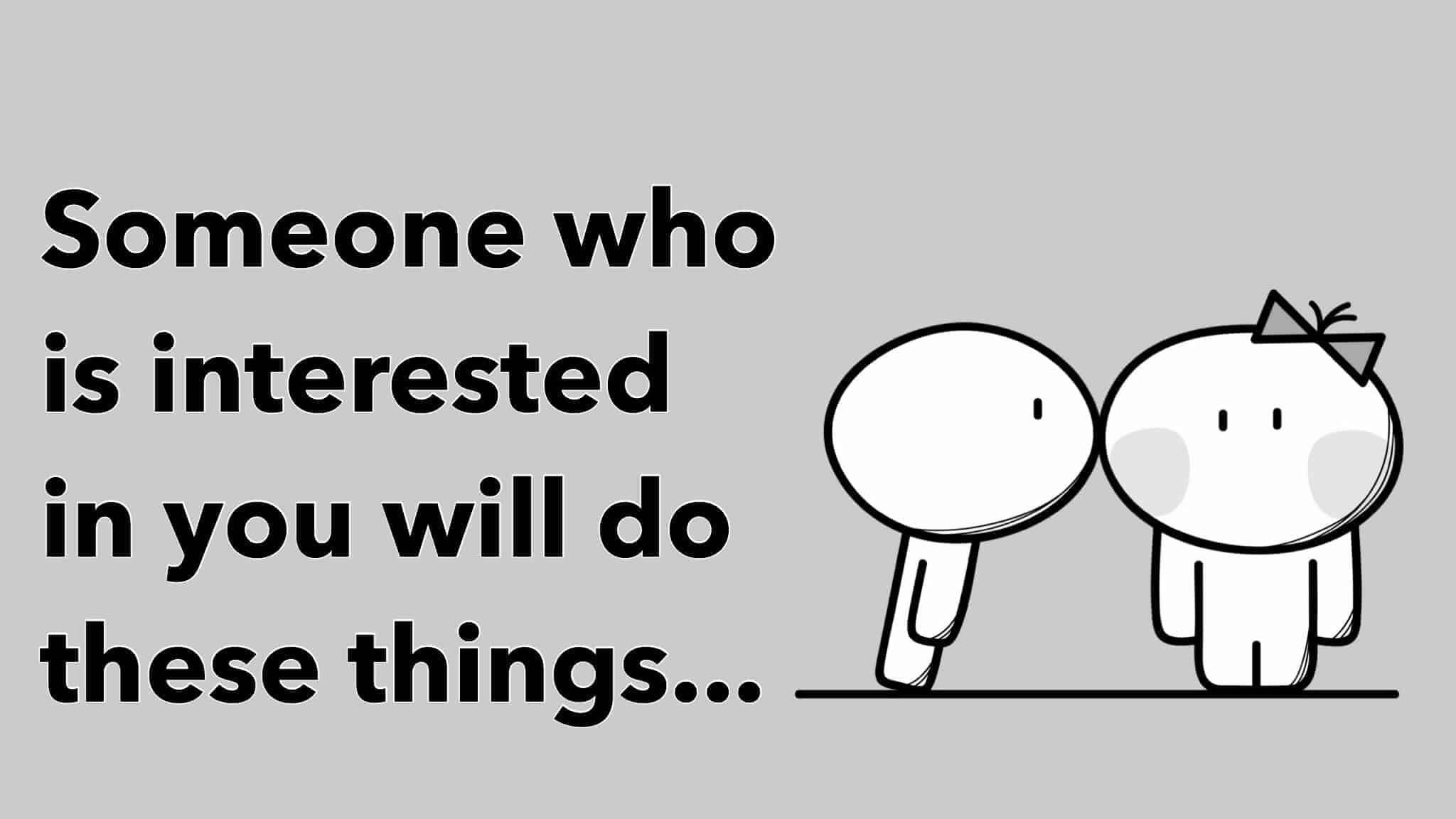If you’ve been in an abusive relationship, you know this feeling… Your fight or flight response kicks in when you have to interact with them. An abusive person is someone who thrives on power and control. They could be your coworker, friend, neighbor or spouse. They make you feel depressed, angry, stressed, frustrated and anxious.
To be clear, physical abuse in a relationship is never okay. If you encounter physical violence, you should get away from the person who has assaulted you and get to safety immediately. The violence should be reported to police so they can prosecute the offender.
The law isn’t able to help protect you from emotional abusers unless they’ve threatened violence or retaliation. In the workplace, emotional abuse could be grounds for a case of harassment, so report the incident to your human resources department right away.
In your low emotional state at the hands of an abuser, it may seem impossible to believe that your mental happiness and well-being are within your power to control. But by loving yourself enough to say no to abuse, you take the power to hurt away from your abuser and the power to heal back in your hands. Here are 5 ways to end the abuse…
Here are 5 Ways to End Abuse in a Relationship
1. Recognize Your Worth
Someone who is abusive will continue to belittle you and make you feel less than you are. It’s not you, it’s them. The words that they say are more a reflection of how they feel inside. When someone says “You’re ugly,” that means they feel that they are ugly on the inside.
2. Reclaim Your Power
Words have such power, especially when we take them personally. If you have to interact with an abusive person, tell them that you are open to receiving feedback, but that you won’t accept personal attacks. Ultimately, you can choose to leave the place where the abusive person is if they refuse to accept your terms.
When someone is controlling you through abuse, it is important to take control back from them. You have the power to change yourself, not them. Your response to their abuse is what you have control over.
When you respond to anger with anger, your blood pressure and stress levels rise. Rather than responding with anger in your tone, respond peacefully and with as much self-love as you can muster. Try saying “I deserve to be treated with respect. Your words are disrespectful to me and I will not talk to you unless you can speak to me with kindness.”
3. Surround Yourself With Positive People
Since it is unhealthy to your emotional well-being to be around an abuser, avoid spending time with them as much as possible. Instead, find uplifting people who praise your accomplishments and cheer you on to greatness. People who have kind, loving dispositions are going to be a wonderful support system for you as you recover from the abusive relationship.
Your family and friends may not recognize that you are being emotionally abused in your relationship and you may not feel comfortable discussing the abuse with people who are close to you.
You can find an abuse support group or anti-bullying support hotline to help you. When you are struggling to heal from an abusive relationship, search for a licensed counselor to speak to about healing from the abuse.
4. Build Mental Armor
Build up your defenses, not by reacting defensively to the abuser but by protecting your mind from their hate. If your abuser says, “You’re incompetent,” respond by saying “I’m an incredibly competent person,” to yourself or aloud repeatedly until you believe it.
Choose not to believe their lies, and stop allowing them to manipulate you. By accepting the abuse, you are their willing victim. Dr. Steven Stosny, author of Love Without Hurt: Turn Your Resentful, Angry, or Emotionally Abusive Relationship into a Compassionate, Loving One, says that you can overcome a victim identity “through a strong identification with your inherent strengths, talents, skills, power, and appreciation of the self as a unique, ever-growing, competent, and compassionate person. This is accomplished through an emphasis on healing, growth, and empowerment.”
5. Forgive, Forget and Move On
Forgiveness is an incredibly powerful tool. It is a way of releasing pain rather than holding on to it. In a study in the Journal of Consulting and Clinical Psychology, Forgiveness Therapy showed the most promise as a way to overcome emotional trauma as compared to other therapies. The group that was treated with Forgiveness Therapy showed greater signs of improvement over five years.
According to the book, Forgiveness Therapy, published by the American Psychological Association, Forgiveness Therapy has been shown to be a “pivotal process in helping clients resolve anger over betrayals, relieve depression and anxiety, and restore peace of mind.”
Recognize your bravery for identifying the emotional abuse in your relationship and having the courage to do something about it. You are worthy of love. You are worthy of respect. You are worthy of healthy relationships.















